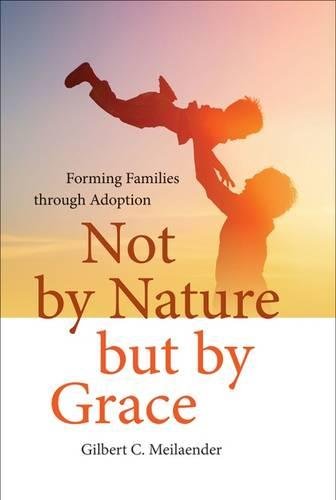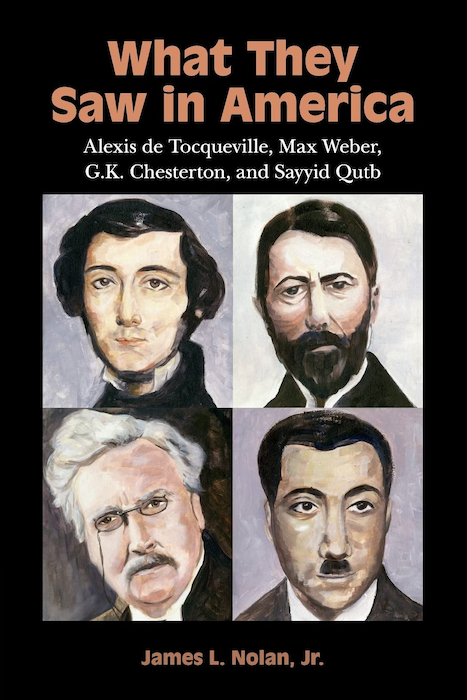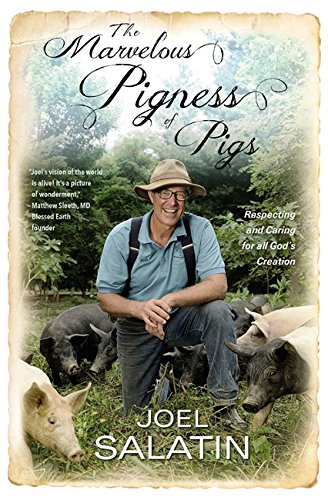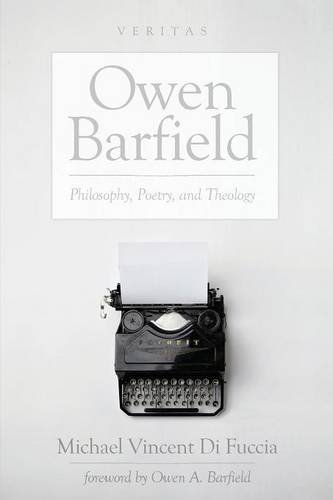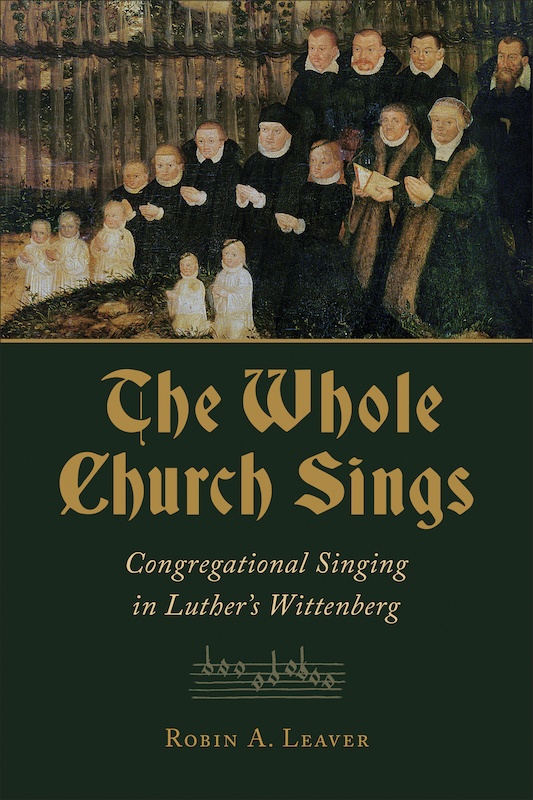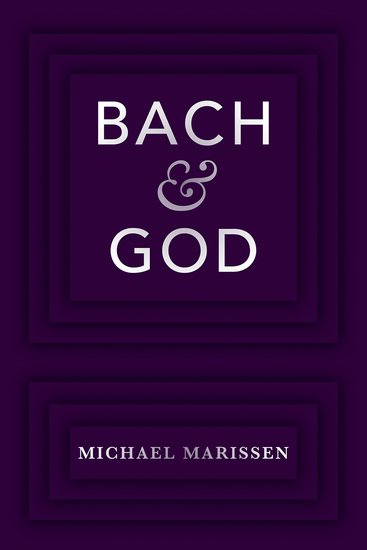PREVIEW
The player for this Journal volume is only available to current members or listeners with a legacy account. If you have an active membership, log in here. If you’d like to become a member — with access to all our audio programs — sign up here.
Guests heard on Volume 137
Gilbert Meilaender, author of Not by Nature but by Grace: Forming Families Through Adoption, on how adoption offers lessons concerning the relationship between nature and grace
James L. Nolan, author of What They Saw in America: Alexis de Tocqueville, Max Weber, G. K. Chesterton, and Sayyid Qutb, on what the observations of four distinguished foreign visitors can teach Americans about themselves
Joel Salatin, author of The Marvelous Pigness of Pigs: Respecting and Caring for All God’s Creation, on how honoring the pigness of pigs enables us to more fully recognize the Godness of God (Archive Feature available)
Michael Di Fuccia, author of Owen Barfield: Philosophy, Poetry, and Theology, on Owen Barfield’s understanding of the imagination
Robin Leaver, author of The Whole Church Sings: Congregational Singing in Luther’s Wittenberg, on clarifying some misconceptions about Martin Luther’s commitment to congregational singing (Archive Feature available)
Michael Marissen, author of Bach and God, on how J. S. Bach’s music conveys theological meaning (Archive Feature available)
Related reading and listening
- Ten, seven, and the rhythm of God’s love — Joseph Cardinal Ratzinger on the meaningfulness of numbers in Creation and Scripture
- Lives of generosity — Jonathan Wilson distinguishes between two fundamental ways of viewing Creation: a true Christian account of the world and a “survival of the fittest” one. (21 minutes)
- Creation and redemption as trinitarian projects — Colin Gunton on Christ and Spirit in creation and redemption
- Reflecting the being of God in communion — Colin Gunton on the relationality at the heart of Creation
- The whole world in his Hands — Colin Gunton on the trinitarian emphasis in St. Irenaeus’s doctrine of Creation
- The recovery of an integrated ecology — In this essay, Michael Hanby unpacks the summons of Laudato si’ to an ecological way of life based on a proper understanding of creation in its fullness and integrity. (57 minutes)
- Poetry and Liturgy — Karen Dieleman explores the influence of liturgical practices on shaping the imaginations and poetry of Elizabeth Barrett Browning, Christina Rossetti, and Adelaide Proctor. (49 minutes)
- Speaking the word in love — In this lecture, D. C. Schindler examines core insights from Ferdinand Ulrich on the central vocation of man and the meaning of being. (32 minutes)
- An ancient liturgical form — Calvin Stapert on the long history of recounting Christ’s sufferings musically
- The St. Matthew Passion: A Listener’s Guide — In this lecture, Paul Munson guides listeners into a deeper theological and musical appreciation of J. S. Bach’s St. Matthew Passion. (1 hour 48 minutes)
- Music that conveys spiritual truths — FROM VOL. 137 Musicologist Michael Marissen discusses the masterful way in which J. S. Bach uses musical idiom and quotation by way of theological counterpoint to the texts of his sacred vocal works. (13 minutes)
- Mars Hill Audio Journal, Volume 164 — FEATURED GUESTS: Dana Gioia, Brady Stiller, Robert Royal, Richard DeClue, Tiffany Schubert, and Joonas Sildre
- St. Thomas the anthropologist — G. K. Chesterton on Aquinas’s complete Science of Man
- An embedded life — Following a move from one state to another, Gilbert Meilaender explores the tension between being simultaneously a sojourner and a body located in place and time. (30 minutes)
- Cultures of chance, cultures of control — Historian Jackson Lears explains how gambling springs from a longing for an experience of “unbidden beneficence,” a repudiation of the idea of control that marks modernity. (49 minutes)
- A richer, deeper view of human dignity — FROM VOL. 98 Moral philosopher Gilbert Meilaender examines the question of human dignity and its place within political discourse. (25 minutes)
- The fraught marriage of liberty and equality — In this essay, Patrick Deneen examines Alexis de Tocqueville’s complex and insightful portrait of “democratic man” living in the context of perpetual societal tension between the excesses of liberty and equality. (39 minutes)
- Gifts for a baby King — Ken Myers introduces listeners to various musical compositions created for Epiphany (January 6), the Church’s feast day celebrating the revelation of Christ to the world. (25 minutes)
- Music, silence, and the order of Creation — In this lecture, Ken Myers explains how it is that our participation in harmonic beauty in music is a kind of participation in the life of God, in Whom all order and beauty coheres and is sustained. (61 minutes)
- Christmas music from Luther to Bach — Tova Leigh-Choate on the roots of Bach’s Christmas Oratorio
- Seven Messianic titles, seven attributes of Christ — Ken Myers introduces listeners to four composers who each have set all seven of the O Antiphons to music. (17 minutes)
- The gift of liturgical time — In this lecture, Gregory Wilbur explains how liturgy and liturgical time align us to the rhythms and order of Creation, forming us as disciples. (45 minutes)
- The confident optimism in true Christian asceticism — Philosopher Étienne Gilson on the essential goodness of Creation
- The (super)natural theology of fairy-tales — Alison Milbank describes Chesterton’s belief that story-telling is an affirmation of transcendent meaning
- The physical beauty of music — Music can be likened to a cathedral, says professional guitarist Gordon Kreplin, when it creates through silence and sound a meditative space into which one may enter and encounter God. (14 minutes)
- “Gender” as ultimate separation — In this November 2018 lecture, Margaret McCarthy explains how the predictions of Pope Paul VI’s Humanae vitae regarding the consequences of separating sex from procreation have proven true. (38 minutes)
- Alexis de Tocqueville’s penetrating review of America — FROM VOL. 91 Hugh Brogan and Daniel Ritchie discuss Alexis de Tocqueville’s insights into American society, government, and character. (26 minutes)
- Festivity and the goodness of Creation — Drawing on Josef Pieper’s ideas, Ken Myers explains why the spirit of festivity is the spirit of worship, and that “entertainment” is ultimately an artificial, contrived, and empty effort to achieve festivity. (25 minutes)
- Forms as portals to reality — Ken Myers explains the ancient classical and Christian view that music embodies an order and forms that correspond to the whole of created reality, in its transcendence and materiality. (54 minutes)
- Christopher Hitchens vs. G. K. Chesterton — Ralph Wood compares Christopher Hitchens‘s view of the cosmos with that of G. K. Chesterton, arguing that Chesterton succeeded where Hitchens failed. (44 minutes)
- Creation’s goodness and human faithfulness — J. Matthew Bonzo and Michael R. Stevens on Wendell Berry’s understanding of how Creation is a gift with certain givenness
- Farming and our primal vocation — Shawn and Beth Dougherty make a theological case for biomimicry, or fulfilling our original vocation of tending the earth by working according to the nature of Nature. (68 minutes)
- A theology of eating — FROM VOL. 113 Theologian Norman Wirzba examines the relationship between food and faith. (24 minutes)
- Honoring the pigness of pigs — FROM VOL. 137 Popular innovator and speaker on farming practices Joel Salatin talks about the challenges of caring for Creation within an agricultural and food system that pays little attention to the purposes and inclinations of Creation. (25 minutes)
- The formative power of hymns and hymnbooks — FROM VOL. 149 Christopher Phillips discusses the cultural and spiritual effects of hymns and the “thingness” of hymnals. (18 minutes)
- Congregational singing in Martin Luther’s time — FROM VOL. 137 Liturgical scholar Robin Leaver clarifies some misconceptions about Martin Luther’s commitment to congregational singing. (10 minutes)
- Early 19th-century hymnody — FROM VOL. 151 Musicologist Peter Mercer-Taylor tells the story of how early 19th-century hymnody introduced many Americans to a repertoire of classical music. (27 minutes)
- An account of God’s relatedness to time and space — Colin Gunton on the trinitarian conception of the divine economy in St. Irenaeus
- What does it mean to be a creature? — Canon-theologian Simon Oliver explains how and why the doctrine of Creation is cardinal and must frame all theology. (62 minutes)
- “Reading Lewis with blinders on” — Chris Armstrong explains how C. S. Lewis’s work is grounded deeply in the Christian humanist tradition. (45 minutes)
- The unintended consequences of the Reformation — FROM VOL. 114 Historian Brad Gregory discusses the unintended consequences of the Reformation, consequences which continue to trouble us. (26 minutes)
- Not good to be alone — In a lecture titled “Gender and the Common Good,” Margaret Harper McCarthy argues that the current ideology regarding gender fundamentally separates people from one another and finally even from themselves. (34 minutes)
- Creation as beauty and gift — FROM VOL. 67 David Bentley Hart describes how the Christian understanding of Creation as beauty and gift, as the outward expression of the delight the Trinity has in itself, reveals a vision of reality different from the pagan or fatalist vision of reality. (12 minutes)
- The sacramental vision of G. K. Chesterton — FROM VOL. 112Ralph C. Wood describes G. K. Chesterton’s imagination as especially fruitful in conveying grace and edification to his readers. (19 minutes)
- A fresh and refreshing imagination — FROM VOL. 111Biographer Ian Ker explains why G. K. Chesterton deserves wider recognition as a significant literary critic. (24 minutes)
- G. K. Chesterton’s defiant joy — FROM VOL. 110Biographer Kevin Belmonte on how G. K. Chesterton embraced a “defiant joy” in spite of the cynical pessimism of many of his contemporaries. (16 minutes)
- Bemused by joy — Fr. James V. Schall, S.J., on G. K. Chesterton’s awareness of the reality of both evil and joy
- God also was a Cave-man — G. K. Chesterton on the convergence of omnipotence and impotence in Bethlehem
- Accounting for “the unfathomable sadness of pagan poetry” — Biographer Ian Ker on Chesterton’s rejection of the idea of the evolution of religions
- Seeing the Christian story for what it is — Dale Ahlquist discusses a new edition of G. K. Chesterton’s The Everlasting Man, to which he contributed an introduction, notes, and commentary. (34 minutes)
Tags:
AdoptionBach, Johann SebastianBarfield, OwenChesterton, G. K.CreationDi Fuccia, MichaelFamilyFarmingLeaver, RobinLiturgyMarissen, MichaelMeilaender, GilbertMusic, ChurchNolan, James L., Jr.Qutb, SayyidReformation, ProtestantSalatin, JoelTocqueville, Alexis deWeber, Max
